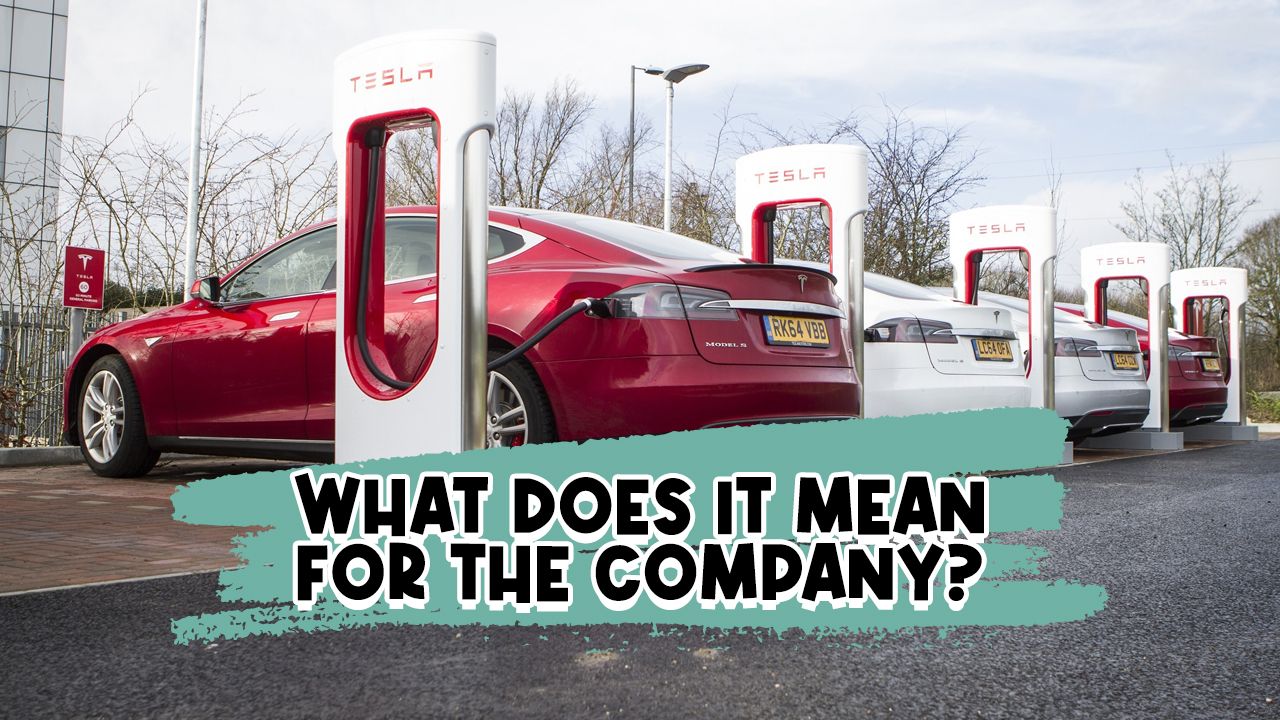Regardless of what happens in the future, Tesla will go down in history as the company that started the transition from internal combustion engines to electricity. While the American EV maker has been quite open-minded and willing to share its know-how with other car companies, it seems the current state of the global economy has taken its toll on Tesla’s production output. With other car makers now well into the EV scene, this may be a problem for Tesla, especially in Europe where most of its competitors are based.
Tesla’s headquarters (since December 2021) is situated in Austin, Texas and Tesla’s Giga Factory, situated in the Southern state, became operational in April 2022. With that being said, Tesla’s factory in Grünheide, near Berlin, and the one in Austin Texas are currently “eating huge sums of money” by having high production costs and low production. Elon Musk points out supply chain issues as the main reason for that but assures that the main focus now is to make sure Tesla employees get paid while avoiding bankruptcy.
While supply chain issues are nothing new to Tesla and other automakers, the EV company also experiences trouble in its Shanghai factory, known as Gigafactory 3. This is due to recent restrictions and parts shortages. These unpleasant circumstances are also the main cause for the delay of models like the Tesla Cybertruck, of which a four-motor version is also in the works. The same goes for the Tesla Roadster, which is now rescheduled for 2023. Musk recently announced that, in light of a declining economy, there will be job cuts. More specifically, Tesla is will reduce its staff by 3 to 3.5 percent, in the coming months, as confirmed by Musk.
Elon Musk also explained that 10 percent of administrative and highly qualified staff will be laid off. On the other hand, the founder of Tesla predicts that, in the long run, the number of factory workers would grow exponentially, which speaks for an increase in production output. In the first half of 2022, Tesla boasted almost 100,000 employees. While we are not sure how or when Tesla will recover from the financial pit holes that the Berlin and Texas factories currently are, we have seen some “out of the box” management decisions from the EV maker.
In January 2020, the stock market valued Tesla at $117.0 billion and by the end of the year, that figure skyrocketed to $658.9 billion, only to reach the market cap of $1.0 trillion in October 2021. While are yet to find out whether or not this is enough to sustain the company over the next months, we know that Tesla is not planning to cut costs down through the introduction of a more affordable Tesla, which is a common practice even for established carmakers.



